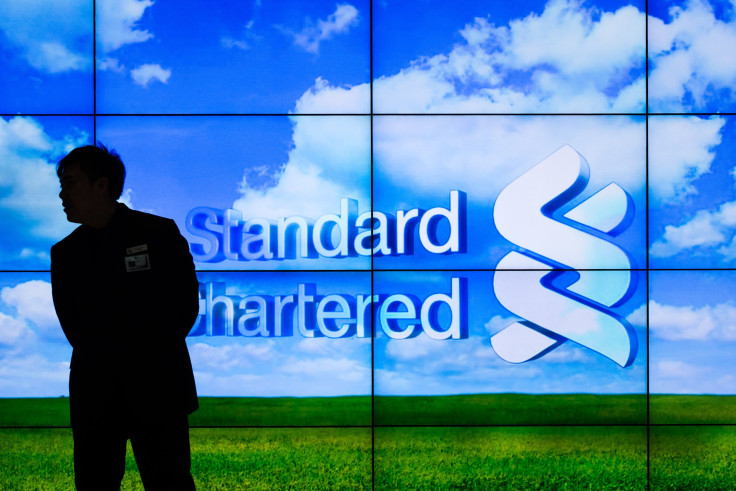Prosecutors Investigating Wall Street Banks For Possibly Violating Terms Of Earlier Financial Misconduct Settlements

U.S. prosecutors are reopening investigations into several major banks, following suspicions that the banks violated the terms of earlier settlements that allowed them to escape criminal prosecution for alleged financial wrongdoing.
The story was first reported by the New York Times, which spoke to lawyers who had been briefed on the cases. The report named Standard Chartered, Bank Of Tokyo Mitsubishi UFJ and consulting firm PricewaterhouseCoopers as the targets of renewed investigations.
The companies face allegations that they either failed to accurately disclose the extent of their original wrongdoings to the authorities, or that they have been involved other wrongdoings. The paper said that authorities were considering whether to strengthen earlier deals, or to abandon them and force the banks to plead guilty to criminal charges.
Standard Chartered paid $340 million in fines in 2012 to settle allegations that it had done business with countries such as Iran and Sudan, which are blacklisted by the U.S. The Times report says that prosecutors are now examining whether the bank had failed to truthfully disclose the extent of its wrongdoing to the government.
Likewise, Bank of Tokyo Mitsubishi UFJ, which paid $250 million in fines for doing business with Iran, is believed by regulators to have played down the scope of its wrongdoing. PricewaterhouseCoopers, which advised the bank on its settlement, is reportedly also facing accusations that a report it prepared downplayed the extent of the bank's culpability.
The Times also cites reports that banking giants Barclays and UBS face the possibility of settlements being revisited. Both banks paid hundreds of millions in fines for manipulating the Libor interbank lending interest rates. The banks are reportedly suspected of currency manipulations that would violate their previous settlement with U.S. authorities.
In the wake of the 2008 financial crisis, U.S. authorities have struggled to find an appropriate formula for punishing large financial institutions seen to be involved in misconduct or criminal behavior.
In May of this year, Credit Suisse became the first major bank in decades to plead guilty to U.S. criminal charges. The bank accepted that it had helped its U.S. clients evade taxes by allowing customers to hide money in secret Swiss accounts, and it paid a $2.62 billion fine.
Morningstar analyst Erin Davis told the International Business Times in May that such fines “could now be an ongoing cost of doing business for banks.”
© Copyright IBTimes 2024. All rights reserved.












